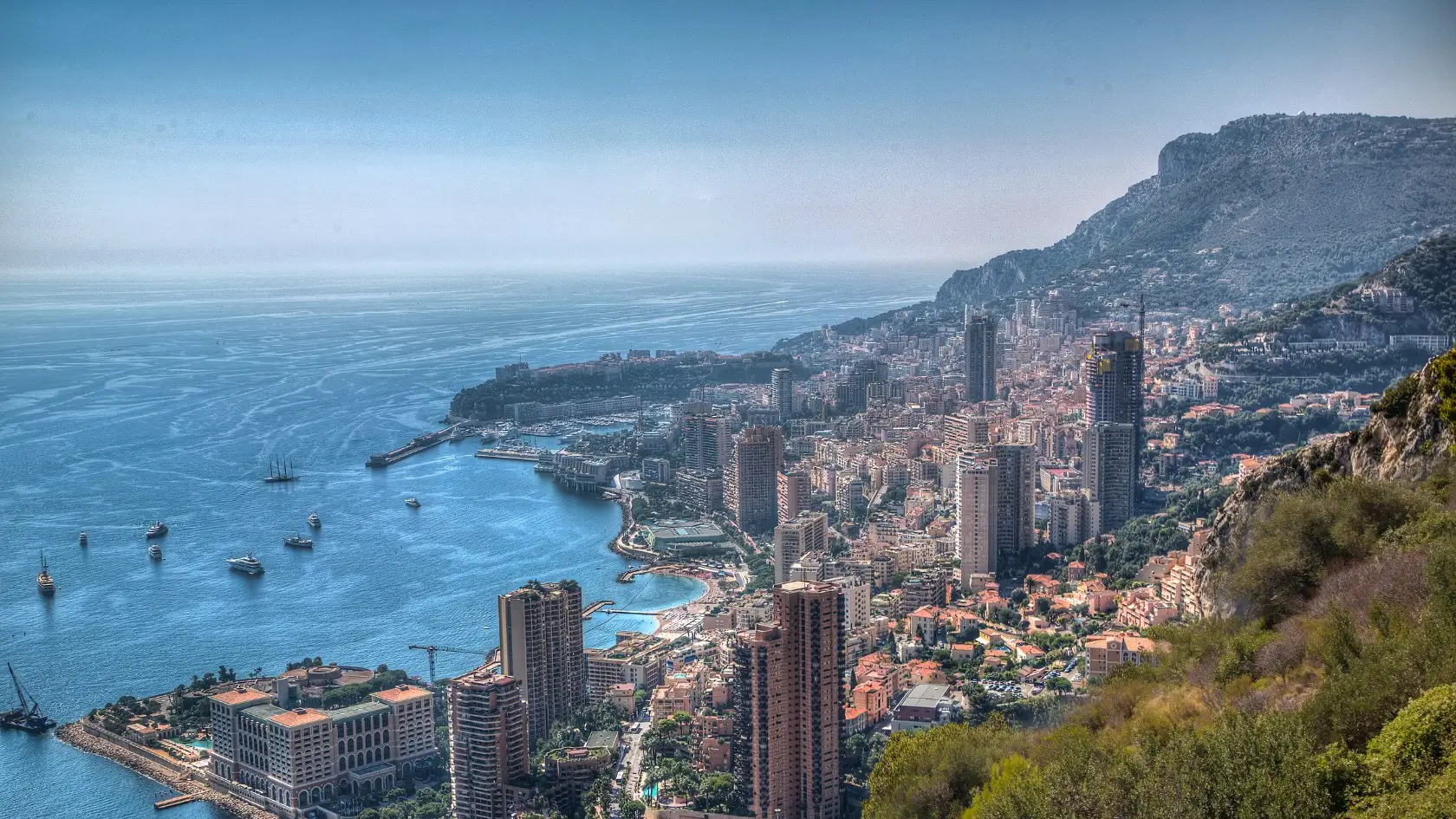
Is a VPN needed in Monaco?
Monaco, the second smallest country in the world, is known for its affluence, luxury, and status as a tax haven. However, when it comes to its communications and internet infrastructure, surveillance, censorship, and political prosecution, there are specific points to consider:
Communications and Internet Infrastructure
- Advanced Infrastructure: Monaco boasts a highly developed telecommunications infrastructure. The country has a strong network of fiber optic cables, ensuring high-speed internet access.
- Telecommunications Providers: Monaco Telecom, the primary provider, offers a range of services, including mobile, internet, and TV services. The country’s small size allows for comprehensive coverage and high-quality services.
- Internet Penetration: With a high GDP per capita, Monaco has a very high internet penetration rate. Most residents and businesses have access to the internet and modern communication tools.
Censorship and Content Regulation
- Media Landscape: Monaco has a diverse media landscape, but it’s relatively small due to the country’s size. The government does not heavily censor the press; however, the media often practice self-censorship, especially in matters regarding the ruling family or national security.
- Internet Censorship: There are no significant reports of government-imposed internet censorship. The citizens generally enjoy access to various international news outlets and social media platforms without apparent restriction.
- Regulatory Body: The Communications and Media Committee regulates the media in Monaco, ensuring compliance with local and international standards, including the respect for freedom of expression.
Political Prosecution and Legal Framework
- Legal Protection: The Constitution of Monaco provides for freedom of speech and the press. However, these rights can be limited by considerations of public order, national security, or morality.
- Political Climate: Monaco is a constitutional monarchy with a stable political environment. Instances of political prosecution are rare, and the country generally upholds the rule of law.
- Surveillance Laws: Monaco has laws governing surveillance and data protection. While the government has the capacity for surveillance, especially for security and law enforcement purposes, there is limited public information on the extent of its use.
Surveillance and Privacy
- Surveillance Technologies: Given its small size and high wealth, Monaco likely has access to advanced surveillance technologies. These might be used primarily for security purposes, given the high-profile nature of many of its residents.
- Data Protection: The Principality adheres to European standards of data protection and privacy. Monaco is part of the Council of Europe and is subject to the European Convention on Human Rights, which includes rights to privacy.
- Cybersecurity Measures: Monaco has shown a commitment to cybersecurity, implementing measures to protect its infrastructure and the data of its citizens and businesses.
Conclusion
Monaco’s modern communications infrastructure provides its residents with high-quality internet and telecommunication services. The country maintains a balance between open access to information and the protection of its national security and public order. While surveillance capabilities exist, they appear to be used primarily for security purposes, with a strong emphasis on respecting privacy and data protection laws. Instances of political prosecution are not widely reported, reflecting the stable political environment of this constitutional monarchy.

Leave a Reply